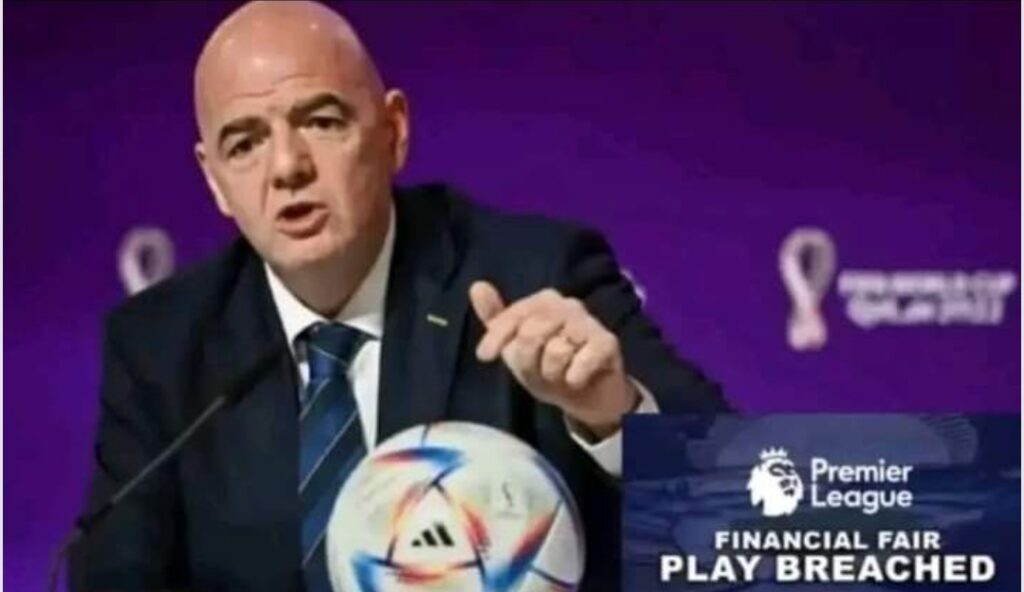In the highly anticipated match between Manchester United and Bournemouth, the spotlight shifted from the players’ performance to the controversial decisions made by the Video Assistant Referee (VAR).
Despite the game ending in a 2-2 draw, it was dominated by VAR interventions that sparked widespread debate and frustration.
Both teams entered the match eager for a win. Manchester United, looking to strengthen their position in the top four, started off well, with Marcus Rashford scoring the opener in the 15th minute.
However, Bournemouth quickly responded with Dominic Solanke equalizing just five minutes later, setting the stage for a closely fought match.
The turning point came in the second half when Manchester United thought they had taken the lead through Bruno Fernandes.
Their celebrations were cut short as VAR stepped in, ruling out the goal for offside after a lengthy review. This decision left fans and players frustrated, reigniting the ongoing debate about VAR’s impact on the game.
Capitalizing on the momentum shift, Bournemouth took the lead with Junior Stanislas scoring in the 72nd minute. Nonetheless, Manchester United fought back, with Mason Greenwood securing a point for his team with a goal in the 82nd minute.
Despite the exciting and competitive play, the match will be remembered for the controversial VAR decisions that affected its outcome.
Manchester United manager Ole Gunnar Solskjaer voiced his discontent with the VAR rulings in his post-match interview, expressing concerns over its inconsistent application.
The draw keeps Manchester United in the race for a top-four finish, but questions remain about the influence of VAR on the game.
As the debate about VAR’s role in football continues, one thing is clear: its presence will continue to influence match results in unpredictable ways.
